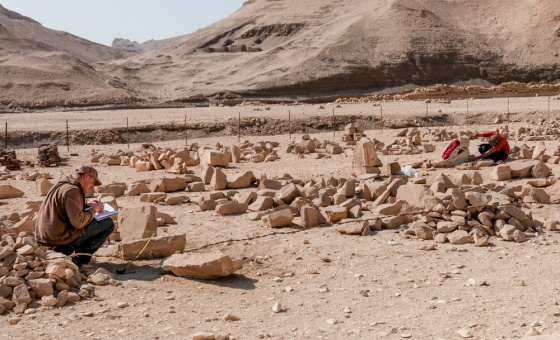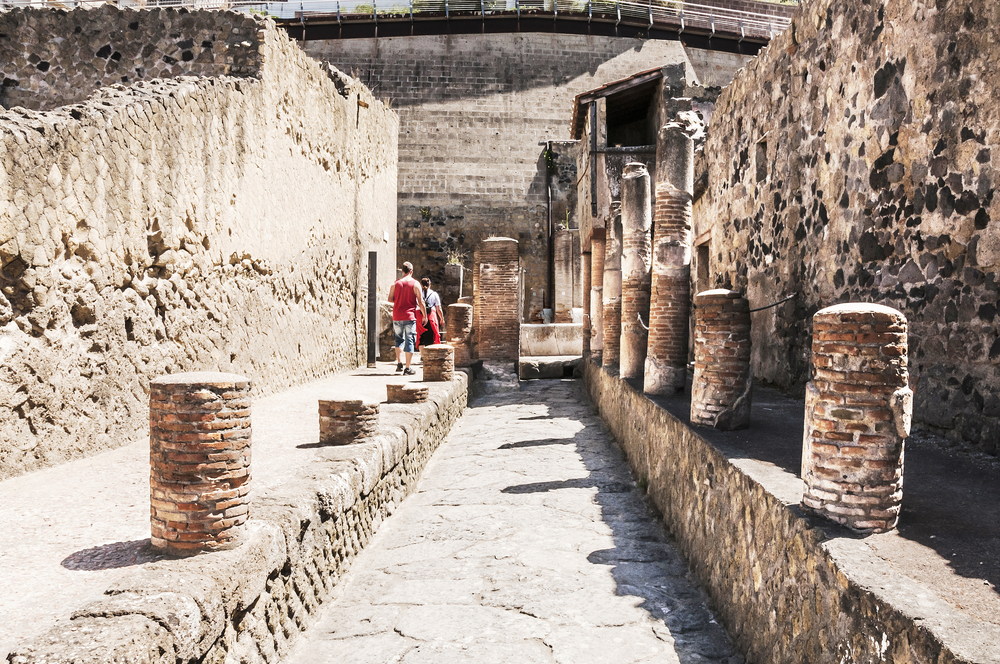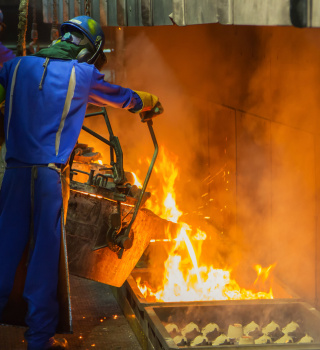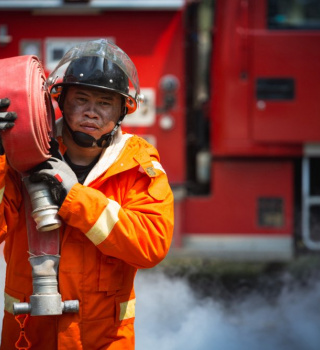
Description
Archeologists think about mankind's history by looking at antiques, which extend from ancient instruments and structures to creature bones and minor life forms.
Archeologists ponder past human movement by exhuming, dating and deciphering items and locales of verifiable intrigue. They actualize unearthing ventures, casually known as burrows, save archeological remains and gather information that educates their comprehension of the past.
Common Duties/Routines
Real obligations of the activity include:
- Using an assortment of strategies to find reasonable removal locales, including geophysical reviews and airborne photography.
- Examining, archiving and protecting curios.
- Using PC applications, for example, PC supported structure (computer aided design) and land data frameworks (GIS) to record and translate destinations and discoveries, and to deliver reenactments of how they may have looked before.
- Producing, assembling and keeping up composed, photographic and drawn records and electronic databases.
- Supervising and directing staff.
- Collecting, investigating and deciphering information.
- Writing reports, papers and different articles for production.
- Dating and translating finds.
- Mathematical, factual and computational displaying.
- Assessing arranging applications for building engineers
Unearthing and employment opening are publicized by the Organization for Archeologists (CIfA), national papers and pro productions, for example, Current Prehistoric studies or those advanced by the Chamber for English Antiquarianism (CBA). You can discover increasingly about open doors for volunteering from the CBA or Current Archaic exploration. The Yearbook and registry distributed every year by CIfA is a valuable wellspring of data for systems administration and theoretical applications.
Albeit archeological hands on work normally happens in groups, it is conceivable to deal with an independently employed premise. Impermanent contracts are normal. You could be based outside at an unearthing or site examination or inside in an office, research center or historical center, however you are progressively liable to be based inside as you advance.
With experience, there is degree for consultancy work. Open doors for national and global travel may emerge through various burrow areas, consultancy work with universal advancement associations, or through participation of expert meetings.

Required/Trained Skills
While scholastic capabilities are not constantly basic, most paid representatives have a prehistoric studies certificate. Numerous vocations in paleohistory lead to the scholarly world, for which exceptional undergrad and postgraduate capabilities are normally important because of the savage dimension of rivalry. It is additionally significant than procuring a decent pay in antiquarianism without a degree might be troublesome.
Graduates from certificate trains other than archaic exploration should get a pertinent postgraduate capability, despite the fact that capabilities in logical and building subjects might be valuable in research center investigation or remaking and reclamation ventures. Past investigation in verifiable subjects will be useful, while information of current or chronicled dialects, for example, Latin or old Greek, might be helpful when deciphering finds or working together with outside associates.
Whatever the job, archeological experience is basic. Sorted out preparing unearthing and field schools can offer incredible organized preparing programs and functional experience. Subtleties of these can be acquired from the Gathering for English Archaic exploration, yet remember that an expense might be charged for convenience, nourishment and educational cost. You will likewise discover an abundance of elective open doors accessible on a nearby, national and global scale. Subtleties can be found in authority productions and on pertinent sites.
It is additionally fitting to end up an individual from an expert archeological body, for example, the English Archeological Affiliation. Understudy enrollments enable access to look into focuses, diaries and prize assets for research.
Typical employers of archeologists
- Local specialists looking for counsel on the archeological effect of arranging applications.
- National associations, for example, English Legacy, National Trust, Memorable Scotland and Cadw (the noteworthy condition administration of the Welsh Gathering).
- Museums.
- Professional and business engineers and consultancies.
- Educational or research establishments.
- Archaeological field units or trusts, which could be appended to colleges, nearby specialists or business associations.
- Archaeological social orders and associations
While the activity can be physically tiring and may include significant lots of time working outside in a wide range of climate, most archeologists are enthusiastic about their work and appreciate the rush of finding increasingly about past civic establishments.
Archeologists may work in a wide range of jobs and specializations as indicated by down to earth mastery or specific times of the past. These specializations may thus enable archeologists to work in different fields, for example, scientific examination of present day wrongdoings or environmental change look into. Instructing openings are additionally accessible, as neighborhood archeological gatherings are winding up progressively prevalent.


